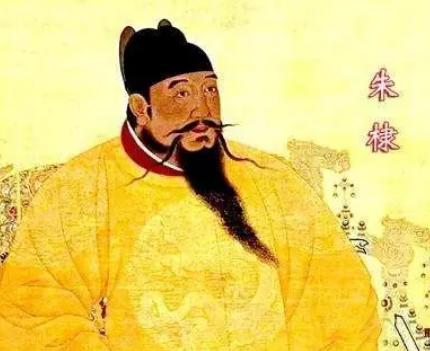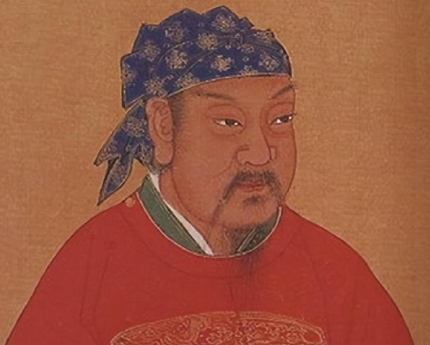In Chinese history, there are many touching stories that have been handed down through the ages, among which "Three Times Giving up Xuzhou" is a fine tale. The protagonist of this story is Liu Bei, the founding emperor of Shu Han during the Three Kingdoms period. His behavior demonstrated his profound benevolence and concern for the people of the world. This article will interpret in detail the background, process, and profound meaning of "Three Times Giving up Xuzhou".

I. Story Background
During the late Eastern Han Dynasty, many warlords rose up, and there were constant wars and conflicts. As a descendant of the Han royal family, Liu Bei had the opportunity to inherit the throne of the Han Dynasty, but he was more concerned about the suffering of the people and the stability of the country. During this period, Tao Qian, the governor of Xuzhou, was seriously ill and wished to entrust Xuzhou to a capable person. Due to Liu Bei's reputation for benevolence, Tao Qian decided to cede Xuzhou to Liu Bei.
II. The Process of "Three Times Giving up Xuzhou"
The first time Tao Qian offered Xuzhou to Liu Bei was based on his high evaluation of Liu Bei's character and political abilities. However, Liu Bei believed that he was not from a prestigious family and that the situation was complex. He worried that he would not be able to shoulder the responsibility of protecting the people and maintaining peace in the region, so he humbly refused.
The second time was when Tao Qian was seriously ill. He said to Liu Bei, "I am so ill that I will not recover. The people of Xuzhou look to you as they do to the harvest; I hope you will not decline." But Liu Bei still politely declined with various excuses, saying that he was unworthy of such a great responsibility.
The third time was after Tao Qian's death, when the officials and people of the state hoped that Liu Bei would take over Xuzhou. They believed that Liu Bei had the ability to govern and could bring stability and prosperity to Xuzhou. However, Liu Bei remained steadfast in his position and ultimately recommended Cao Biao, a subordinate of Cao Cao, to succeed Tao Qian as the governor of Xuzhou.
III. The Profound Meaning of the Story
The story of "Three Times Giving up Xuzhou" not only shows Liu Bei's humility and self-awareness, but also embodies his indifference to power and deep concern for the well-being of the people. In the turbulent times, Liu Bei was able to set aside personal desires for power and prioritize his abilities and the changing situation. This behavior, focusing on the overall situation, was very rare at that time. His actions won the hearts of the people and laid a solid foundation of public opinion for the later Shu Han regime.
Conclusion:
The story of "Three Times Giving up Xuzhou" is still celebrated by people today. It is not only a praise of Liu Bei's personal character, but also an idealized portrayal of the heroic figures of that era. Through this behavior, Liu Bei demonstrated his benevolence and wisdom, becoming a model praised by later generations. Today, when we look back at this history, we can still draw profound insights about power, responsibility, and humanity.
Disclaimer: The above content is sourced from the internet and the copyright belongs to the original author. If there is any infringement of your original copyright, please inform us and we will delete the relevant content as soon as possible.
































